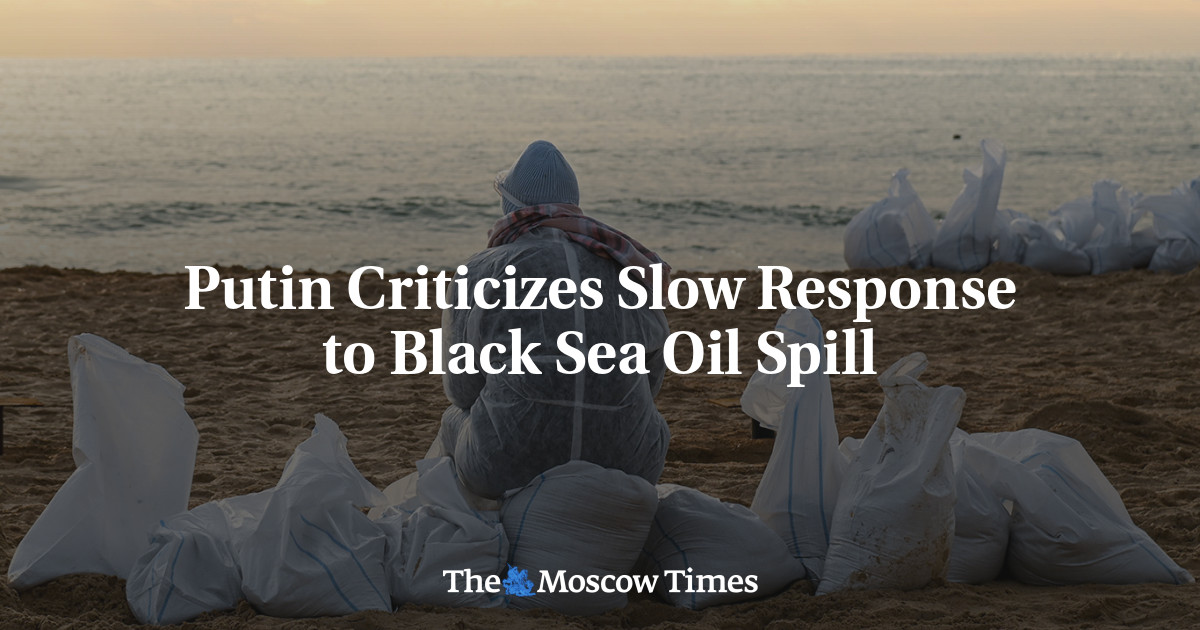David Blackmon David Blackmon is an energy writer and consultant based in Texas. He spent 40 years in the oil and gas business, where he specialized in public policy and communications.
January 15, 2025 11:43 AM ET
One of the early decision points to be faced by incoming President Donald Trump will be what to do about the Biden administration’s costly and destructive offshore wind vanity projects in the northeastern Atlantic.
The Biden White House decided to make federal subsidization of and rapid permitting for a growing array of these big industrial installations a top priority early in the administration, and the results thus far have been halting, and in some cases disastrous. (RELATED: FRANK RICCI: Like Administrative Arson, California’s Bad Ideas Spread Like Wildfires)
Acting to suspend the installation of hundreds of gigantic wind turbines in the midst of known whale habitats and prime commercial fishing waters is apparently a priority for Trump and his team. Rep. Jeff Van Drew (R.-N.J.) announced on Monday that he has been “working closely” with Trump to draft an executive order that would invoke a 6-month moratorium on offshore wind construction with an eye towards a permanent suspension.
“These offshore wind projects should have never been approved in the first place,” said Van Drew, whose home-state beaches have been littered by dozens of whale carcasses since development began. “The Biden administration rammed them through the approval process without proper oversight, transparent lease agreements, or a full understanding of their devastating consequences. They are an economic and environmental disaster waiting to happen.” (RELATED: DAVID BLACKMON: ESG Is Collapsing And Net Zero Is Going With It)
Van Drew characterized the Biden administration’s green new deal agenda as “harmful” and one that put politics over people”, adding, “This executive order is just the beginning. We will fight tooth and nail to prevent this offshore wind catastrophe from wreaking havoc on the hardworking people who call our coastal towns home.”
There can be little question that, in its zeal to fast-track these enormously costly and inefficient wind projects, the Biden regulators essentially abandoned what is known as the “precautionary principle” that the same regulatory agencies have always applied to offshore oil and gas and other major projects in federal waters.
The precautionary principle essentially cautions regulators to act on the adage that it is better to be safe than sorry. It holds that if there is a risk of severe harm to the environment or animal life, an absence of any scientific or conclusive proof is not to be given as the reason for inaction. This principle places the burden of proof on the shoulders of the person who denies their project is harmful.
This principle has been used by federal regulators of the U.S. offshore many times to halt oil-and-gas projects for years at a time so that proper environmental studies can be conducted under governing laws like the National Environmental Policy Act (NEPA) and the Outer Continental Shelf Lands Act (OCSLA).
The Biden White House was only too eager to cite the OCSLA recently to justify a ban on future drilling across 625 million acres of federal waters on the specious reasoning that it was “too dangerous” to allow future generations to enjoy the benefits of the billions of barrels of oil known to lie beneath these waters. This is absurd overkill, but it is also an example of the exercise of the precautionary principle.
But since 2022, as communities from New Jersey up to Maine have raised serious concerns about potential negative impacts by these massive wind industrial projects on sea mammals, seabirds and the region’s commercial fishing industry, Biden’s regulators have tossed the precautionary principle aside.
There is another principle at stake here that Trump should address: The equal and consistent application of U.S. law. It is a principle that the Biden administration chose to abandon in its zeal to enact its green agenda, from the cancellation of the Keystone XL Pipeline to the unjustified LNG permitting pause.
Actions such as these, in which multi-billion-dollar investments are lost based solely on executive whims, make it much harder for company management teams to take on big projects in this country. Who wants to risk billions of capital dollars on any project when it becomes impossible to predict how laws will be applied by future presidents?
President Trump would be wise to place restoration of these two key principles of offshore energy development atop his list of priorities.
David Blackmon is an energy writer and consultant based in Texas. He spent 40 years in the oil and gas business, where he specialized in public policy and communications.
The views and opinions expressed in this commentary are those of the author and do not reflect the official position of the Daily Caller News Foundation.
All content created by the Daily Caller News Foundation, an independent and nonpartisan newswire service, is available without charge to any legitimate news publisher that can provide a large audience. All republished articles must include our logo, our reporter’s byline and their DCNF affiliation. For any questions about our guidelines or partnering with us, please contact licensing@dailycallernewsfoundation.org.









